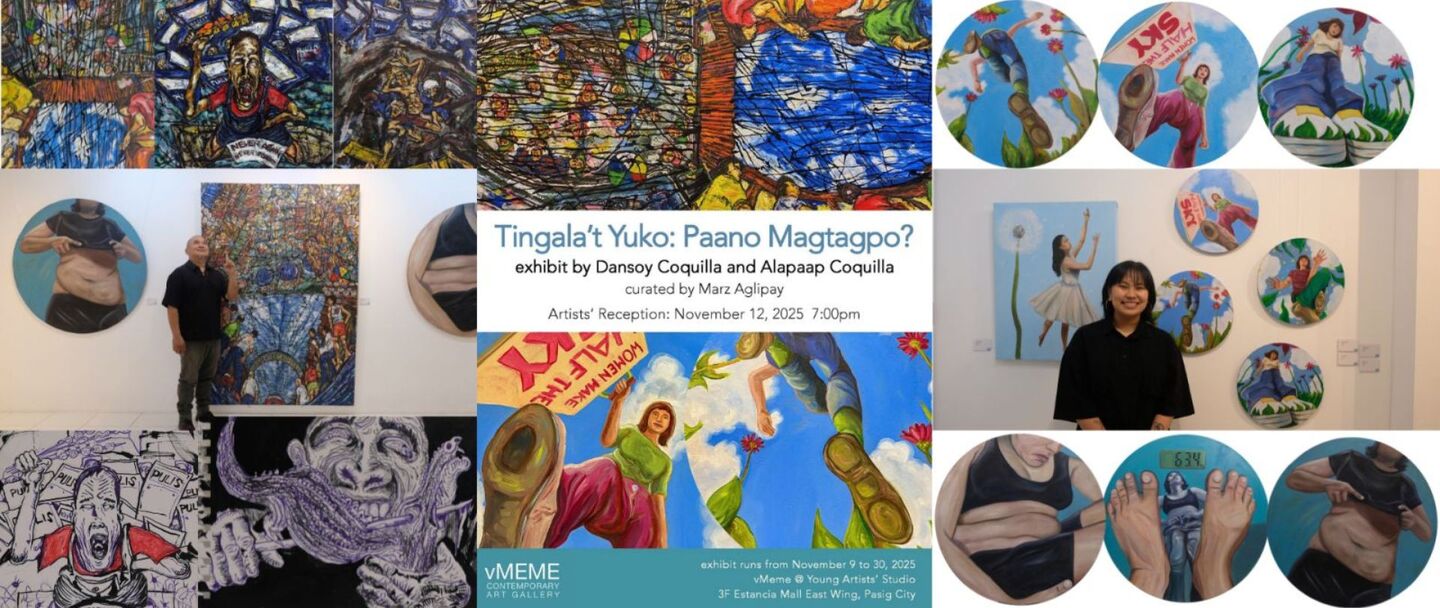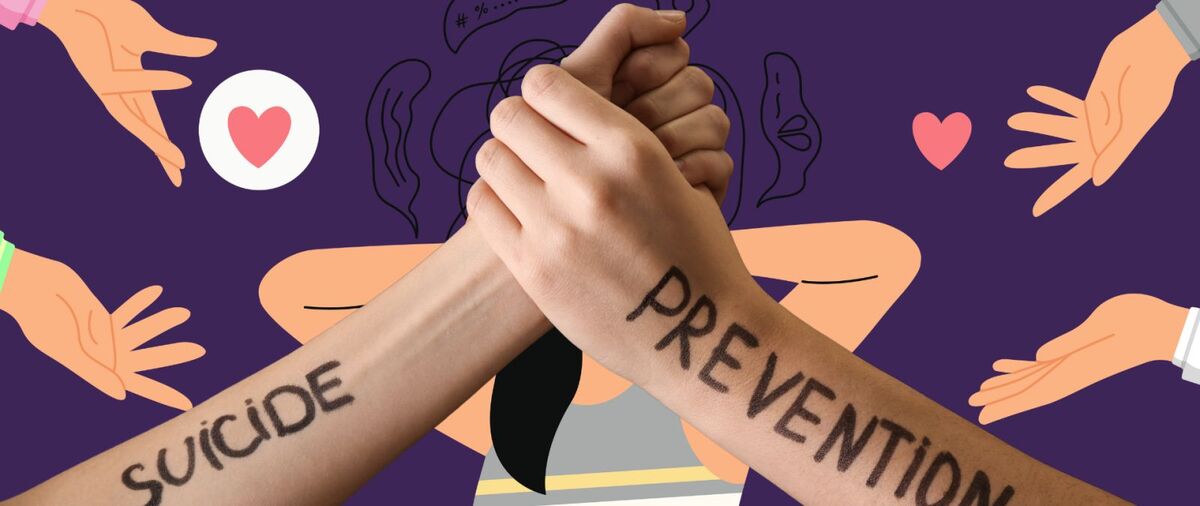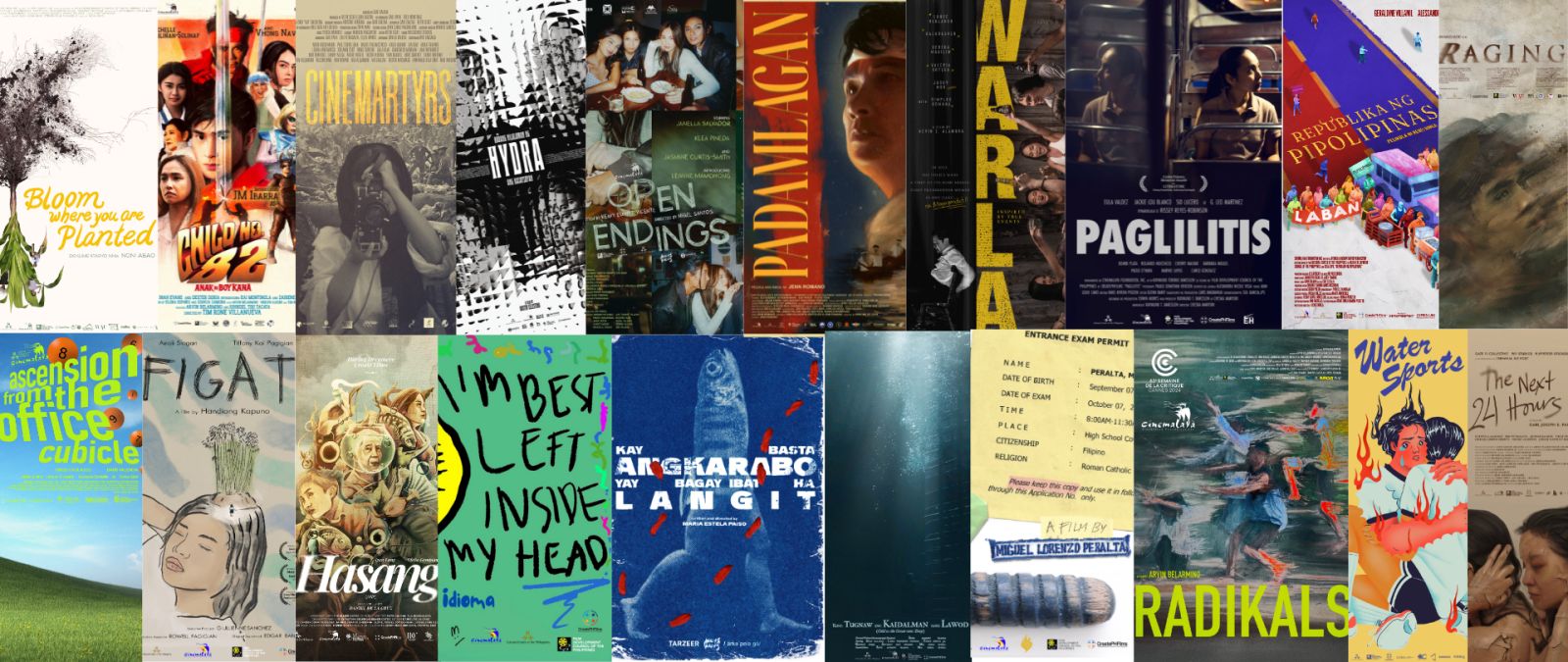FROM CONVENIENCE STORE CHATTER TO THE WORLD STAGE: ‘EXCUSE ME, MISS, MISS, MISS’ AND THE ROAD TO SUNDANCE INTERNATIONAL FILM FESTIVAL
Sonny Calvento, director and producer of Excuse Me, Miss Miss Miss, caught up with The Feed on the short film's origins and how the Sundance-approved feature came to be.
A number of issues plague the Filipino people on a day to day basis, for decades upon decades, concerning their health, lifestyle, and careers, yet no resolution or answer has ever been enough to completely solve them.
One of the most prevalent, pressing, and obvious issues have to do with the Filipino work force, and how millions of them are passed from one job to another in a matter of months, with very little to no benefits or sense of security whatsoever. Such is the life of a contractual worker, perpetually filing in application forms as the months count down to the end of their current employment contract. This is usually the case for the millions of department store employees across the hundreds of malls in the country.
Filmmaker Sonny Calvento, on a random afternoon, struck up a conversation with a convenience store employee who previously trained to be a saleswoman at a known shopping mall chain. There, his eyes were opened to the world of contractual workers.
“I find the world of contractual sales ladies—specifically their training—very fascinating. It’s more like a world where, seemingly, these companies make it impossible for them to succeed, to get regularized.”
This one conversation unlocked a corner in the filmmaker’s mind, founded on absurd anecdotes and requirements that, he believed, could be precious material for a comedy short film that has something to say.
According to Calvento, the best selling genre in the Philippines is comedy. And as he went from one movie to another throughout his career, an urge to explore a different side of comedy was growing within him—one that highlights the social voice more, and acts as a “reflection of truth, despite [it] being absurd.”
Thus, the concept for Excuse Me, Miss Miss Miss was born. The 15-minute short film is a satirical take on the plight of contractual workers in the Philippines, following a department store saleslady desperate to get regularized in her position. The short was initially screened at the 2020 QCinema International Film Festival as one of its six grantees. Today, it stands as the first Filipino short film to be screened and featured at the prestigious Sundance International Film Festival.
Perhaps it’s the unconventional way that this harsh reality was presented, but it all came from Calvento’s passion to tell this specific story in this way. This is also rooted in his deep realization that this labor issue has been part of Philippine society for decades now, yet it still stands as a serious obstacle between the Filipino masses and the greener pastures of financial stability.
Yet, despite his motivation to tell this particular story and present it to the world, Calvento emphasized his adamant determination to tell the true story, and not the one that would get viewers inspired, or even satisfied.
“‘Yun yung totoo kasi eh. Na parang no matter how dark it is, no matter na it ended on a negative light… Parang ako I wanted to insist na—yun yung truth natin ngayon eh. Hindi naman dapat filmmaker yung bumabale nung truth, dapat mga tao. Dapat totoong buhay yung bumabale dun sa truth. Na kung gusto nila ng better ending, then everyone should do their part in addressing the issue.”
(“But that’s the truth. That no matter how dark it is, no matter if it ended on a negative light.. For me I wanted to insist that—that’s the reality now. It shouldn’t be the filmmaker who changes this truth, it should be the people. It should be real life that changes this truth. If they want a better ending, then everyone should do their part in addressing the issue.”)
And as a filmmaker, he dutifully fulfilled his role as a Filipino in the grand scheme of getting more people aware of how grave and considerable this issue was, as the film successfully presented the truth in an entertaining, yet thought-provoking way. It’s all in the hands of the people now, and the leaders who actually have a say in the matter concerning contractual employment.
For him, that’s what filmmaking is all about: “Films definitely can’t change the world. But it can, at least, raise awareness about what’s happening, especially in our country.”
In the end, the writer-director-producer shared a few words of inspiration to any aspiring filmmakers out there, where he passionately encouraged the next generation to take up film and storytelling, even if at times, it’s disheartening as a source of livelihood.
“If this is really your passion, you should fight for it. Never stop fighting for it. Importante ‘yung new voices ngayon, especially now that we experience a lot of oppression. It’s more important to be a filmmaker right now.“
Right now, when the Filipino people are faced with one problem after another, never seeming to cease or pause. Storytelling, in the truest of forms, can have the power to present the answers to these never-ending questions, and perhaps even the key to restoring our general faith and trust in each other. It all starts with the stories we consume, and the stories filmmakers and content creators choose to tell, despite restrictions, fears, or any more forms of oppression.














